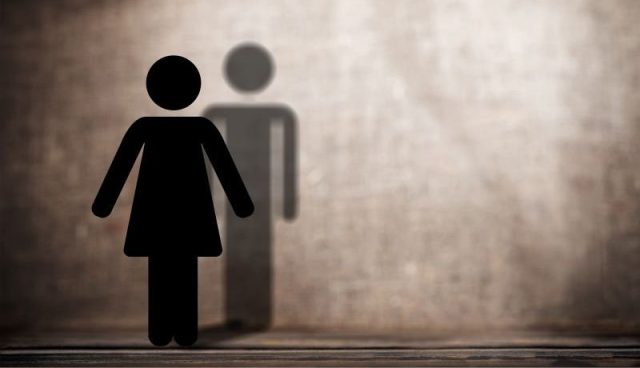Two systematic reviews show inadequate evidence for use of treatment to suppress or lessen effect of puberty, hormone treatment
By Elana Gotkine HealthDay Reporter
FRIDAY, April 12, 2024 (HealthDay News) — Evidence is lacking for use of puberty blockers and hormone treatment for gender dysphoria/incongruence, according to two systematic reviews published online April 10 in the Archives of Disease in Childhood.
Jo Taylor, Ph.D., from the University of York in the United Kingdom, and colleagues conducted a systematic review and meta-analysis to examine the evidence for use of treatment to suppress or lessen the effects of puberty among adolescents experiencing gender dysphoria/incongruence. Data were included from 50 studies. The researchers found consistent evidence demonstrating efficacy for suppressing puberty. In multiple studies, there was an increase in height, although not in line with expected growth. Reductions in bone density were reported during treatment in multiple studies. In relation to gender dysphoria, psychological and psychosocial health, body satisfaction, cardiometabolic risk, cognitive development, and fertility, the evidence was limited and/or inconsistent.
In a second study, Taylor and colleagues conducted a systematic review and narrative synthesis to assess the outcomes of hormone use for masculinization/feminization in adolescents experiencing gender dysphoria/incongruence. Data were included from 53 studies. The researchers found consistent evidence demonstrating induction of puberty, with varying effects. Limited evidence was found regarding gender dysphoria, body satisfaction, psychosocial and cognitive outcomes, and fertility. Improvements were seen in psychological outcomes, mainly from pre-post studies with 12-month follow-up. Most studies included adolescents who were also receiving puberty suppression.
“This group of children and young people are particularly vulnerable because their health and well-being needs are simply not being met,” Camilla C. Kingdon, M.B.B.S., the outgoing president of the Royal College of Paediatrics and Child Health, writes in an accompanying editorial. “We have an overarching holistic approach to the care of babies, children, and young people centered on their needs, which until now, has not percolated through to gender service provision. We now have an important opportunity to make up for lost time.”
Abstract/Full Text 1
Abstract/Full Text 2
Clinical Guideline Part 1
Clinical Guideline Part 2
Editorial (subscription or payment may be required)
Copyright © 2024 HealthDay. All rights reserved.



















